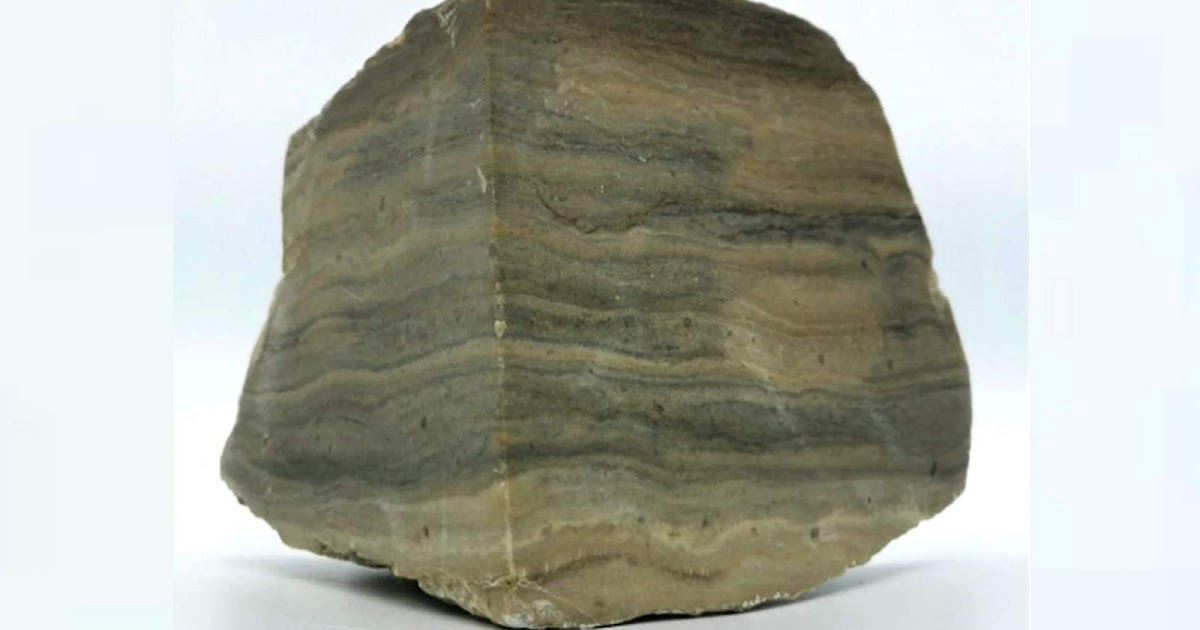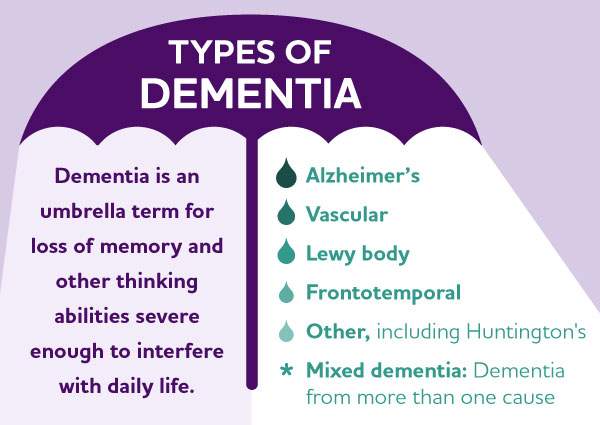Sanika Week 16: Chunking, Mnemonics, Active Recall
Chunking, Mnemonics, Active Recall With AP exams currently occurring and finals approaching closer and closer within the next two weeks, most of us may have quite a bit of studying to do. Some subjects, like math and physics, usually require us to understand the concepts in order to learn and do well on the exams. On the other hand, subjects like history or biology aren’t conceptual but rather memorization-based. So let’s take a look at some of the best memorization techniques we can find online. One memorization technique that can be helpful when needing to memorize large amounts of information is known as chunking . Chunking is when you “break up long pieces of information into manageable parts” ( Tejeda ). This allows memorizing information to be less of a daunting or overwhelming task as by memorizing information in smaller chunks over time, our brains are able to form a larger data set in which it is easier to recall what we had memorized. Another memorization technique is mnemon...




